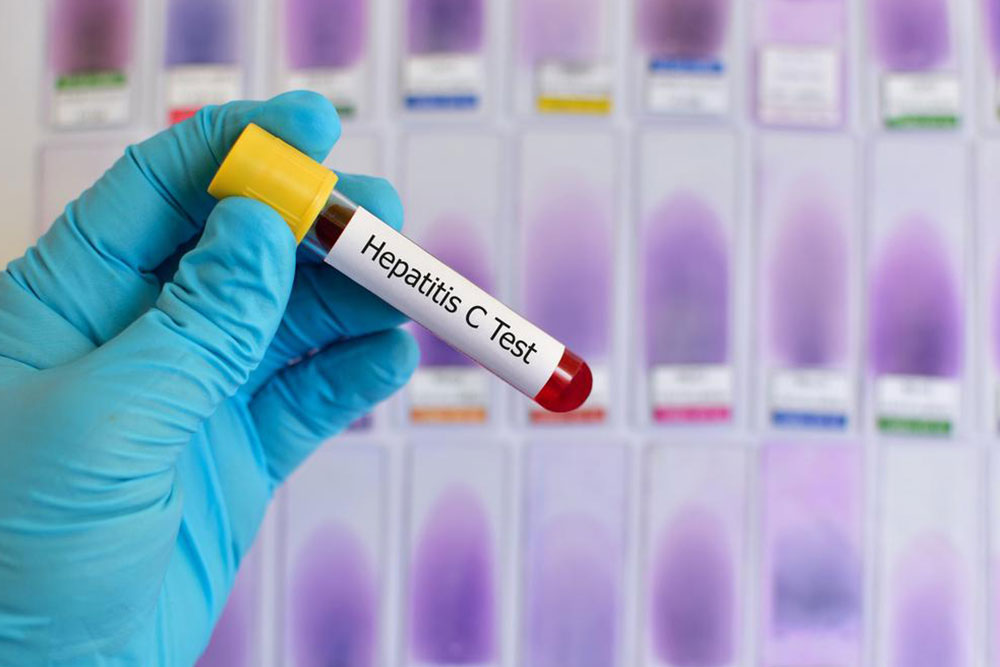Hidden Signs and Symptoms of Hepatitis C You Should Know
This article uncovers lesser-known signs of hepatitis C, emphasizing the importance of early detection. It outlines symptoms of both acute and chronic hepatitis C and highlights potential complications like liver cirrhosis and organ damage. Recognizing these signs can lead to timely diagnosis and treatment, preventing severe health outcomes. Understanding the incubation period and subtle symptoms helps individuals seek medical advice sooner, reducing the risk of long-term complications from this silent yet serious liver infection.

Hidden Signs and Symptoms of Hepatitis C You Should Know
Could symptoms like depression, nausea, or gallstones actually indicate hepatitis C?
Discovered in 1989, hepatitis C is a contagious liver infection caused by the hepatitis C virus (HCV). It remains the leading cause of chronic liver disease globally, with cases rising each year. The World Health Organization estimates around 150 million people are infected worldwide, and approximately 350,000 die annually due to liver complications related to hepatitis C. If left untreated, it can progress to severe liver damage, cirrhosis, or liver cancer.
Hepatitis C presents in two main forms:
Acute (short-term but intense)
Chronic (long-term infection)
Symptoms of Acute Hepatitis C
Most individuals with acute hepatitis C show no symptoms, though some may experience flu-like signs, joint pain, or mild skin rashes. Those with pre-existing hepatitis B infections are more vulnerable to severe symptoms. Common signs include loss of appetite, abdominal discomfort, dark urine, pale stools, jaundice, fatigue, joint pain, itchy skin, and muscle soreness. Untreated, the infection can lead to liver cirrhosis.
When cirrhosis develops, symptoms might include:
Red palms due to enlarged blood vessels
Visible spider veins on chest, shoulders, or face
Swelling in abdomen, legs, and feet
Muscle wasting
Bleeding from enlarged veins in the digestive tract (varices)
Brain function issues like confusion, memory problems, and concentration difficulties (hepatic encephalopathy)
Chronic Hepatitis C Signs
Many with chronic hepatitis C remain symptom-free for years, discovering their condition during routine tests or blood donations. When symptoms do appear, they may include fever, muscle and joint pain, decreased appetite, weight loss, jaundice, fatigue, and liver discomfort. The virus can also cause issues in organs beyond the liver, such as kidney damage from cryoglobulinemia, which blocks blood vessels and can lead to skin rashes or kidney failure. Other symptoms encompass anxiety, mood swings, abdominal swelling, vision problems, chills, dark urine, low libido, dizziness, swelling, bleeding, gas, persistent headaches, joint inflammation, sleep disturbances, memory issues, menstrual irregularities, muscle aches, nausea, skin rashes, water retention, fatigue, weight fluctuations, and flu-like symptoms.
HCV Incubation Timeline
Symptoms typically appear 2 weeks to 6 months after infection, but many remain asymptomatic initially. Consequently, individuals can unknowingly transmit the virus. Due to the often vague symptoms, early diagnosis is challenging but crucial. If you suspect exposure, consult a healthcare professional promptly.










